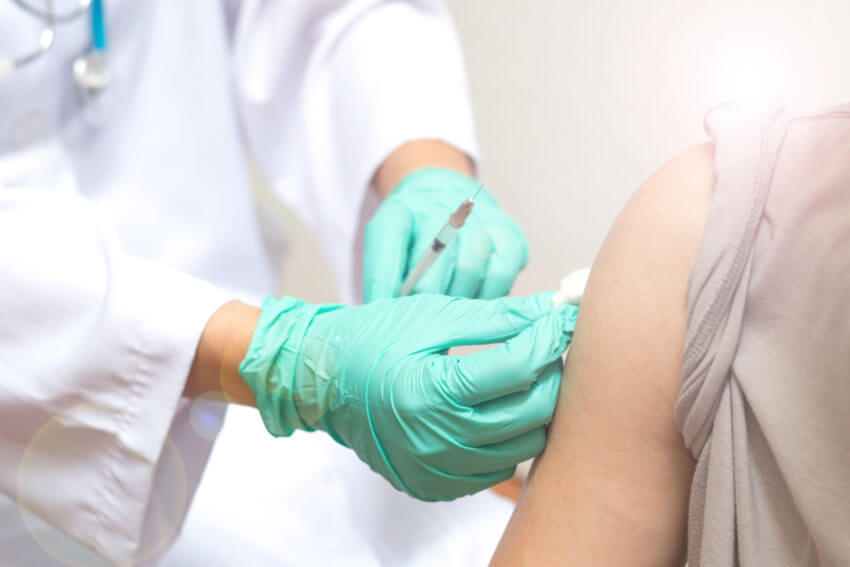A grant of nearly $1 million from the Cancer Prevention and Research Institute of Texas to The University of Texas Health Science Center at San Antonio (UT Health San Antonio) will expand a program of vaccination for human papillomavirus (HPV) among survivors of childhood cancer.
HPV is the most common sexually transmitted infection, but it also can cause cancer. And childhood cancer survivors have significantly higher rates of HPV-related cancers as a “second malignancy” compared with the general population – 150% higher in males and 40% more in females.
Yet, vaccination rates for HPV are lower in Texas than the national average, which is most concerning in areas where HPV-related cancers disproportionately affect the state’s Hispanic population.
The new CPRIT funding of $999,999 aims to expand a previous effort to a total of 10 partner pediatric oncology centers across the state to increase vaccination rates among more than 3,000 eligible childhood cancer survivors in 225 counties over a three-year project period.

“Despite the increased vulnerability of childhood cancer survivors to secondary HPV-related cancers, this population has largely been neglected in the research, education and large-scale HPV vaccine initiatives,” said Allison Grimes, MD, MSCI, clinical associate professor of pediatric oncology with Mays Cancer Center at UT Health San Antonio, and co-director of the project along with L. Aubree Shay, PhD, MSSW, UTHealth School of Public Health.
Every year, nearly 39,000 new cases of HPV-related cancers are diagnosed in the United States, and that number is rising with continued poor HPV vaccine uptake, despite availability of HPV vaccines since 2006. Many childhood cancer survivors return only to their oncologists, who don’t routinely give vaccinations, rather than to a general pediatrician for preventive care.
At the outset of the previous CPRIT-funded project from 2018 to this year, only 23% of age-eligible childhood cancer survivors had started the HPV vaccination series and just 8% had completed it – meaning that 11 of every 12 survivors were unprotected from HPV-related cancers. However, the project’s efforts led to a 485% increase in completed HPV vaccinations.
The new project will include the five continuing project sites: Mays Cancer Center at UT Health San Antonio; Methodist Children’s Hospital, San Antonio; Dell Children’s Hospital, Austin; Driscoll Children’s Hospital, Corpus Christi; and Texas Tech University Health Sciences Center, El Paso. And expansion sites will include Children’s Hospital, San Antonio; MD Anderson Cancer Center, Houston; Texas Tech University Health Sciences Center, Amarillo; Texas Oncology, Midland; and UT Southwestern, Dallas/Plano.
The overall goal is to increase HPV vaccination rates among eligible childhood cancer survivors who are actively followed within each of the 10 participating sites. The effort aims to deliver a provider and staff HPV continuing education program focused on the unique risks and needs of childhood cancer survivors; implement practice changes for a HPV vaccine-friendly culture and monitoring of HPV vaccine eligibility; and offer on-site delivery of the HPV vaccine to eligible survivors.
Specifically, at all participating sites, the continuing education program is expected to reach approximately 250 oncology providers and staff to increase HPV vaccine recommendation practices. And the effort will target just more than 3,000 childhood cancer survivors ages 9 to 45 who are at least 6 months off active treatment to increase both initiation and completion of HPV vaccinations.
“Targeting this population within the oncology follow-up setting,” Grimes said, “is both novel and risk-directed.”


